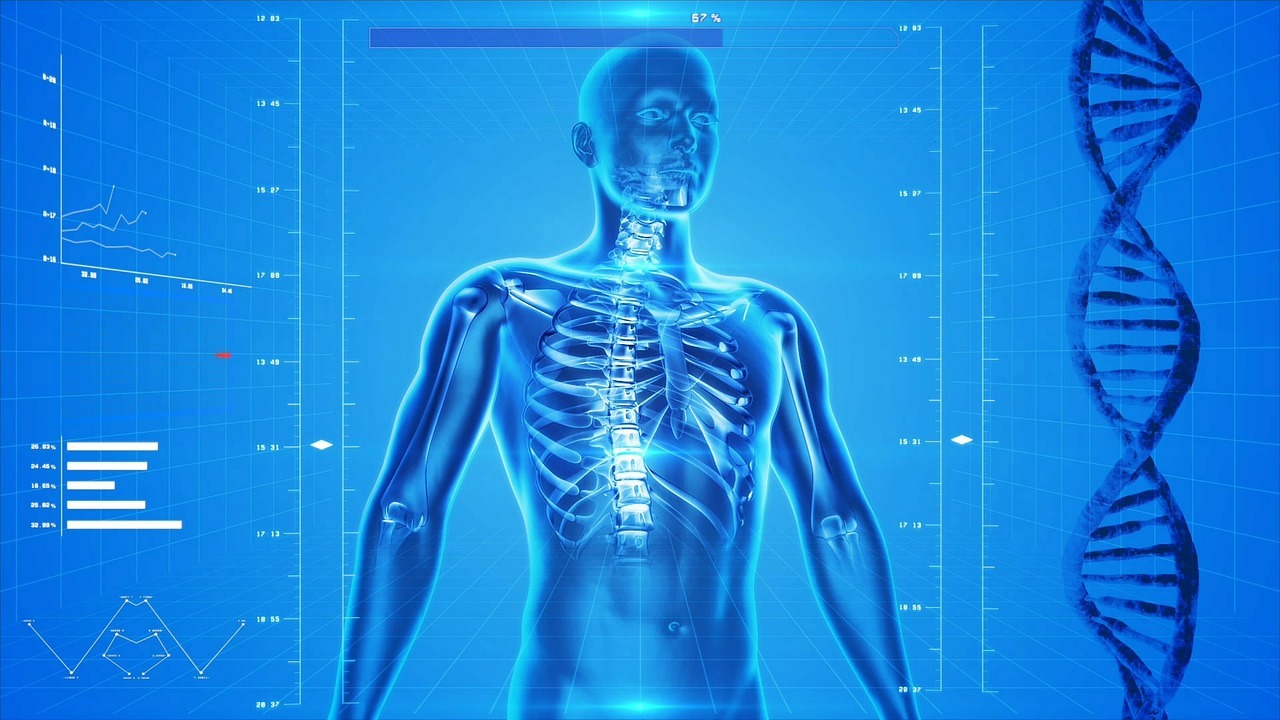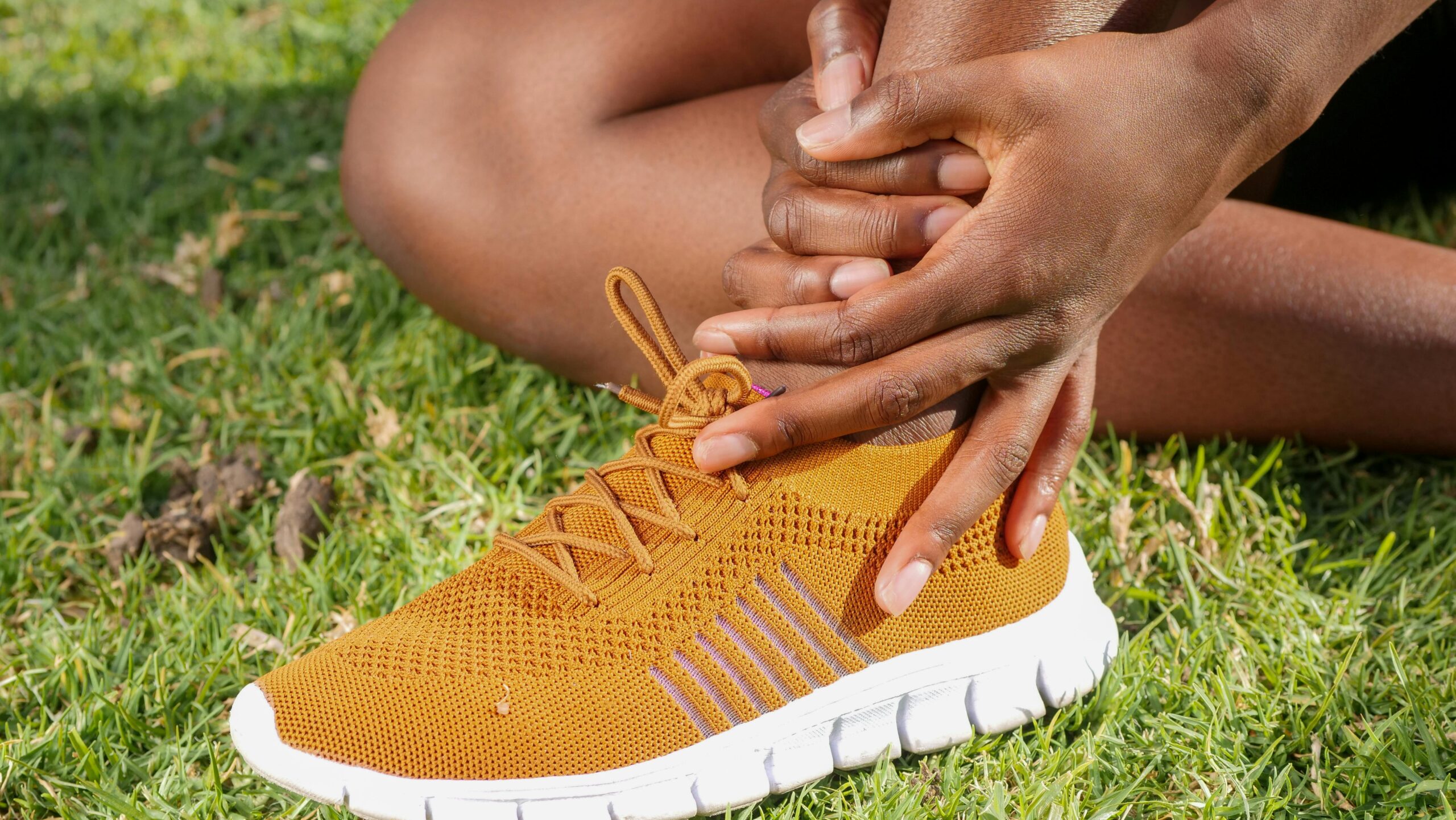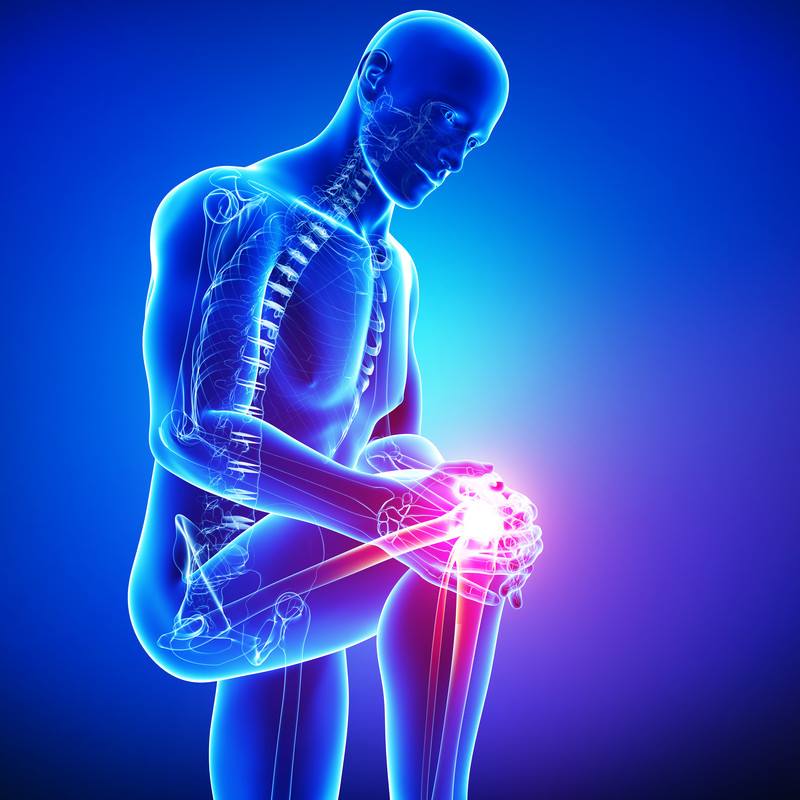
Protecting Bones at Every Age
People of all ages need to know what they can do to maintain strong bones. You are never too young or too old to improve your bone health and should be protecting your bones at every age.
Babies
Bone growth begins even before babies are born. Premature and low-birth-weight infants often need extra calcium, phosphorus and protein to assure they get the nutrients they need for strong bones. Most baby formula contains calcium and vitamin D.
Breastfed babies get the nutrition they need for good bone health from their mothers. That’s why mothers who breastfeed should increase their intake of vitamin D. Most baby formula contains calcium and vitamin D.
Children
Good bone health begins early in life with good habits. While children and young adults rarely get bone diseases, kids can develop habits that endanger their health and bones. Parents can help by encouraging them to eat healthful food and get at least an hour of physical activity every day.
Jumping rope, running and sports are fun activities that are great for building strong bones. Kids need the amount of calcium equal to three servings of low-fat milk each day. If your child doesn’t drink enough milk, serve low-fat cheese, yogurt or other foods that are high in calcium. If your child is allergic to milk or lactose-intolerant, you should talk to your pediatrician about milk substitutes.
Teens
Teens are especially at risk for not developing strong bones because they are growing so rapidly. Boys and girls from ages 9 to 18 need 1,300 milligrams of calcium each day, more than any other age group. Parents can help teens by making sure they eat four servings of calcium-rich and vitamin D-fortified foods a day.
At least one hour a day of physical activities such as running, skateboarding, sports, and dance is also critical.
But take note: extreme physical exercise when combined with undereating can weaken teens’ bones. Teens who miss adding bone to their skeletons during these crucial years never make it up.
Adults
Adulthood is a time when we need to carefully monitor our bone health. We need 1,000 to 1,200 milligrams of calcium, depending on our age, and at least 30 minutes of moderate physical activity every day. Activity that puts some stress on your bones is essential:
- Physical activity at least 30 minutes every day
- Strength training two to three times a week
- Balance training once a week
Many women over age 50 are at risk for bone disease, but few know it. At menopause, which usually happens in women over age 50, hormone production drops sharply. Because hormones help protect bones, menopause can lead to bone loss. Your doctor can help advise you on protecting bone health around menopause.
Seniors
Seniors can take steps to help prevent bone problems. Physical activity and diet are vital to bone health in older adults. Calcium and vitamin D help reduce bone loss. Activities that put stress on bones keep them strong. Find time for activities like walking, dancing, and gardening. Strengthening your body helps prevent falls. Protecting yourself against falls is key to avoiding a broken hip or wrist. All women over age 65 should have a bone density test.
Seniors should also know that recent studies conclude that anyone over age 50 should increase his or her vitamin D intake to 600 International Units (IU) per day. After age 70, 800 IU per day are needed.
You can prevent most falls
Falls are not just the result of getting older. However, as you age, falls become more dangerous. Most falls can be prevented. Here are some things you can do to make a fall less likely.
Begin a regular exercise program
Exercise is one of the most important ways to reduce your chances of falling. It makes you stronger and helps you feel better. Exercises that improve balance and coordination, like dancing and Tai Chi, are the most helpful. Consider joining an organized program at your local community center or gym.
Make your home safer
- Remove things you can trip over from stairs and places where you walk.
- Remove all small rugs.
- Don’t use step stools. Keep items you need within easy reach.
- Have grab bars put in next to your toilet and in the bathtub or shower.
- Use nonslip mats in the bathtub and shower.
- Use brighter light bulbs in your home.
- Add handrails and light in all staircases.
- Wear shoes that give good support and have nonslip soles.
Ask a health care professional to review your medicines
Ask your doctor, nurse, pharmacist or other health care professional to review all the medicines you are taking. Make sure to mention over-the-counter remedies such as cold medicine. As you get older, the way some medicines work in your body can change. Some medications can make you drowsy or light-headed, which can lead to a fall.
Have your vision checked
Poor vision increases your risk of falling. You could be wearing the wrong glasses or have a condition such as glaucoma or cataracts that limits your vision.
Your Doctor Can Help You Protect Your Bones at Any Age
Talk to your doctor about bone health. Together you can evaluate your risks. Some things to discuss include your current health, your diet and physical activity levels, and your family background.
The doctor can look at your age, weight, height and medical history. From that, he or she can determine if you need a bone density test. Broken bones are a “red flag” for your doctor. If you break a bone after the age of 50, talk to your doctor about measuring your bone density. Even if you broke a bone in an accident, you might have weak bones. It is certainly worth checking.
If your doctor finds that your bones are becoming weaker, there are things you can do to make them stronger. You can be more physically active, change your diet, and take calcium and vitamin D supplements. If your bones are already weak, there are also medications that stop bone loss. They can even build new bone and make it less likely that you will suffer a broken bone.
The physicians at Orthopedic Performance Institute offer Bone Wellness and Fracture Prevention services dedicated to helping you keep your bones strong for a lifetime. Make an appointment today.

 Previous Post
Previous Post Next Post
Next Post




